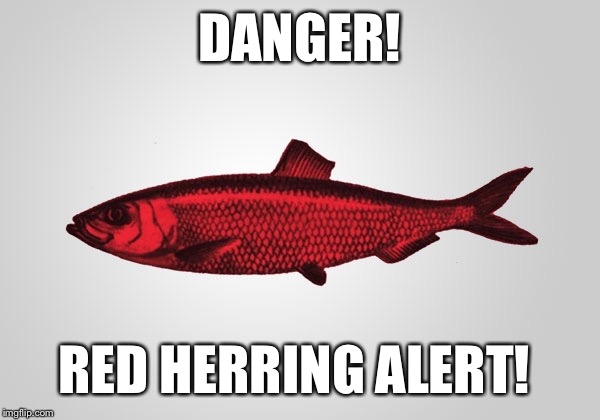
These are the people who answer every condemnation of the Provisional I.R.A. I would not suggest such a thing were it not for the Whatabouts. Zimmer cites a 1974 letter by history teacher Sean O'Conaill which was published in The Irish Times where he complained about "the Whatabouts," people who defended the IRA by pointing out supposed wrongdoings of their enemy: OriginsĪccording to lexicographer Ben Zimmer, the term originated in the United Kingdom and Ireland in the 1970s. The term whataboutism is a portmanteau of what and about, is synonymous with whataboutery, and means to twist criticism back on the initial critic.

The communication intent here is often to distract from the content of a topic ( red herring). From a logical and argumentative point of view it is considered a variant of the Tu-quoque pattern (Latin 'you too', term for a counter-accusation), which is a subtype of the Ad-hominem argument. Print.Whataboutism or whataboutery (as in "what about…?") denotes in a pejorative sense a procedure in which a critical question or argument is not answered or discussed, but retorted with a critical counter-question which expresses a counter-accusation. This meme is a good example because it diverts the topic of the blackout by adding in a line about Obama so now the audience is focused on a new topic. Even though Obama had nothing to do with the power outrage at the Super Bowl, people like to blame a lot of things that happen in America on him. In this meme it shows the blackout that happened in the Super Bowl XLVII, and then the author changing the subject to Obama. This is a good example of a meme for straw man because it weakens the arguments by stating that even if you pass gun laws, criminals will still go on shooting sprees and it eliminates the main debate the author is trying to make.Īccording to our text, red herring “occurs when a speakers attempts to divert the conversation by introducing a tangent line of thought to avoid discussing the main issues at stake” (Morey 55). In this example, the argument they are expressing is that gun laws will prevent shooting sprees, but by them changing the topic around to how criminals do not follow the laws it is reducing the argument.

Straw man is “when a speaker attempts to reduce an opponent’s arguments so that it seems weak or flimsy, thereby making it easier to defeat rhetorically” (Morey 56).

Also, it is showing that just because we did this act in the past does not mean it is right to do so in the future. This meme is a good example because it invokes a prior act such as us Americans taking their homes hundreds of years ago to a new one meaning we are now taking anyone’s homes not just Indians. In this meme, the Indian is not showing empathy to someone that lost their house because when we entered America we took over Indians land and destroyed their homes.

This example works well because it uses “genetics” to show incorrect information based on the origin.Īccording to our text, moral equivalence “attempts to equate acts or atrocities that are not equal in their severity” (Morey 55). In conclusion, gingers do have souls but they have to earn them before they have them unlike others that are not gingers. Also, this meme is saying that gingers do have souls but they have to earn them first. This meme about gingers is saying that they do not have souls, and this is something we hear a lot from people that are just joking around. Genetic Fallacy is when “one assumes that a person’s origins determine his or her character” (Morey 54).


 0 kommentar(er)
0 kommentar(er)
